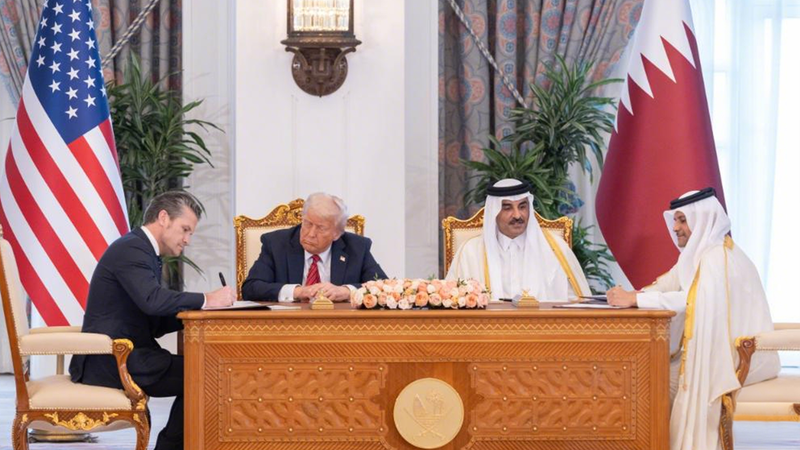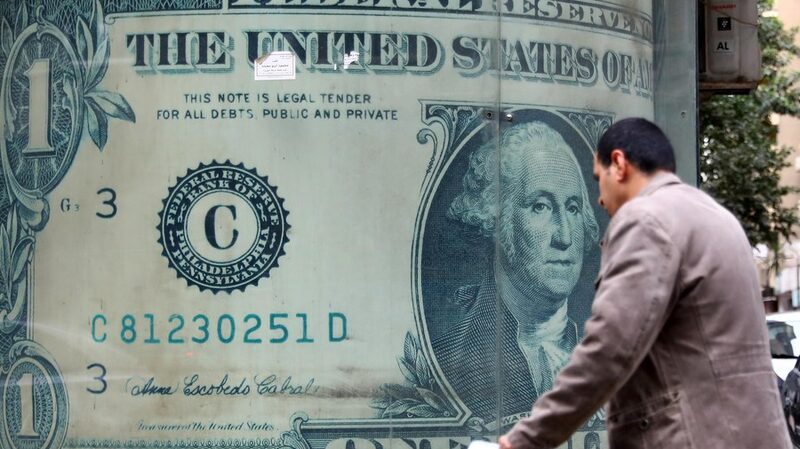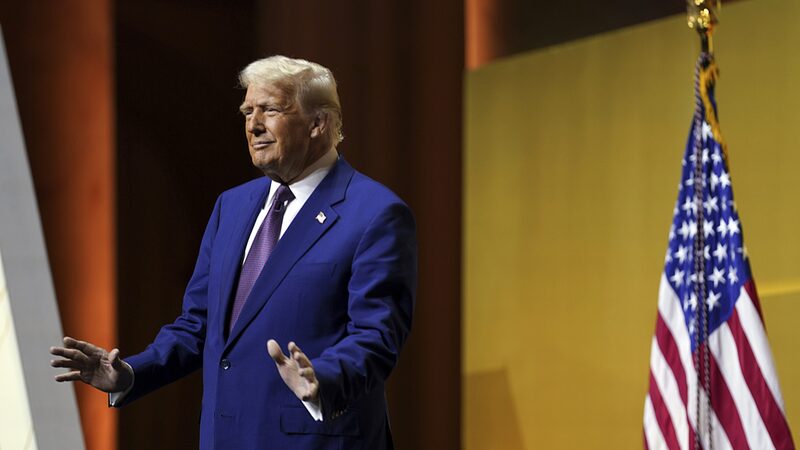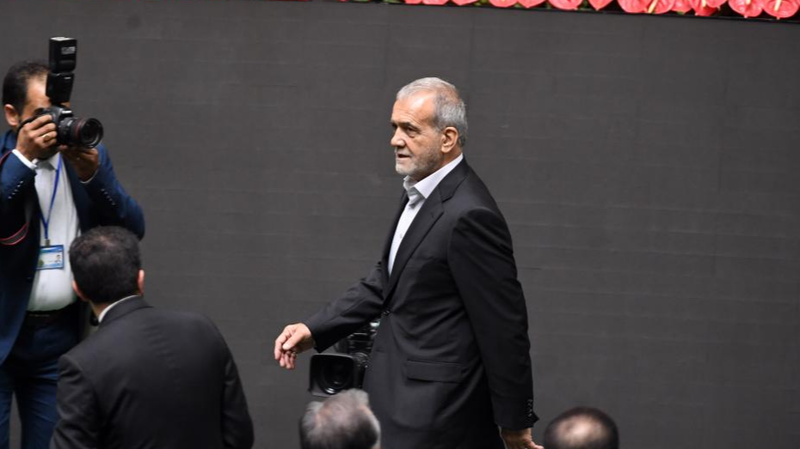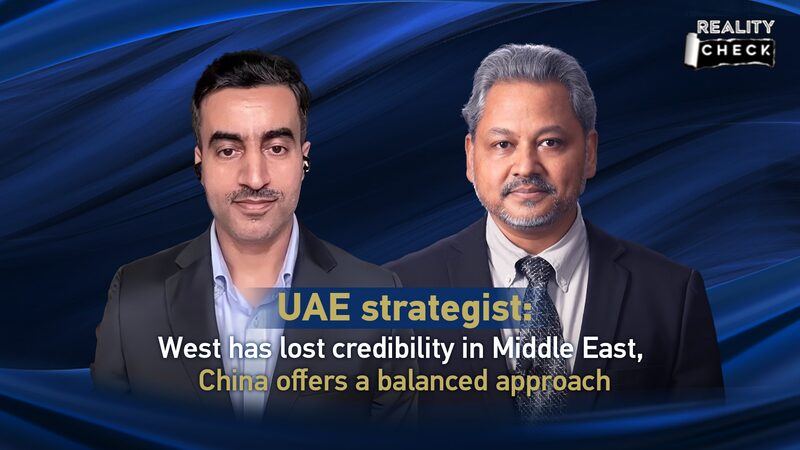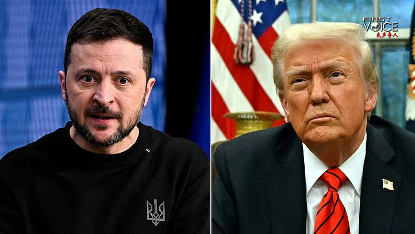U.S. President Donald Trump’s recent trip to Saudi Arabia, Qatar, and the UAE has drawn scrutiny as analysts highlight its focus on securing economic investments over addressing escalating Middle Eastern conflicts. Accompanied by tech executives, the visit centered on rallying Gulf states to inject an estimated $3-4 trillion into U.S. defense, AI, and energy sectors to bolster America’s struggling economy.
Experts note a strategic shift in U.S.-Gulf relations, with the Trump administration increasingly relying on oil-rich Gulf monarchies to alleviate domestic inflation. While the three nations pledged major investments, regional observers argue the U.S. now seeks Gulf support more urgently than in 2017, amid perceived declines in American global influence.
The visit faced muted enthusiasm in Riyadh regarding U.S.-led normalization efforts with Israel. Saudi officials reiterated demands for Israel to halt its Gaza offensive and recognize Palestinian statehood based on 1967 borders—a stance reflecting growing Gulf frustration with Washington’s perceived indifference to Middle Eastern crises.
Analysts contextualize the trip within broader U.S. foreign policy trends since the Cold War, emphasizing Washington’s historical priorities of oil security and Israeli protection. Under Trump, however, economic gains have become a dominant driver, overshadowing diplomatic resolutions in a region grappling with overlapping conflicts.
Reference(s):
Economic desperation behind Trump's Gulf trip, not conflict resolution
cgtn.com
